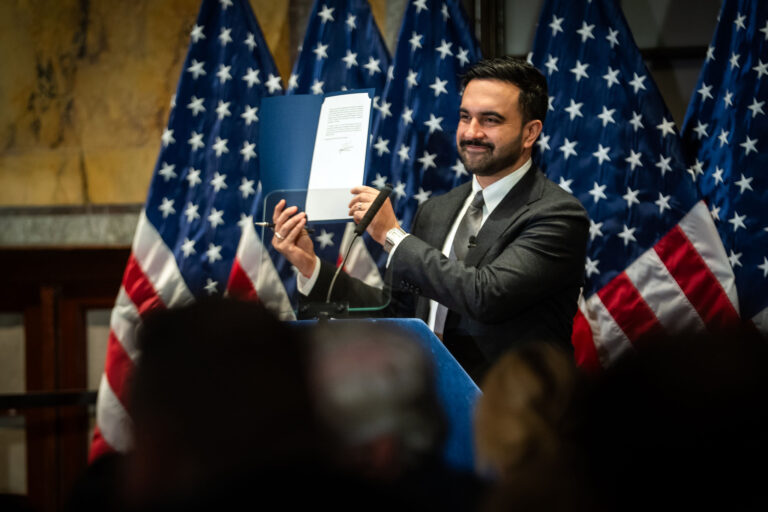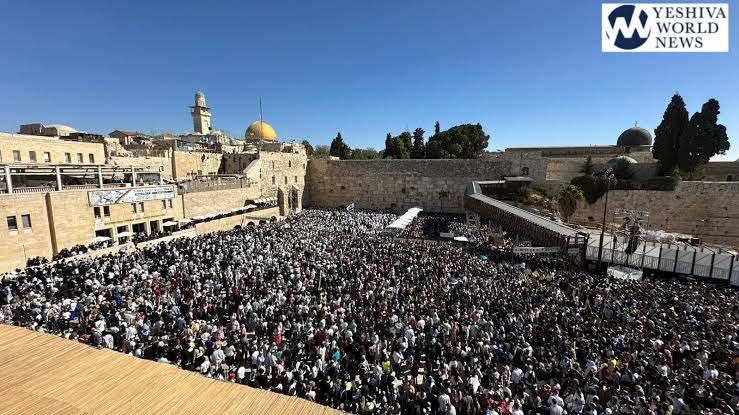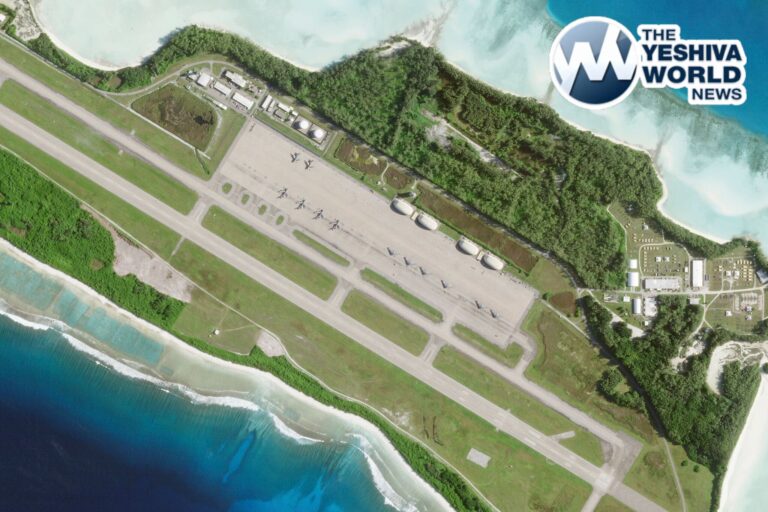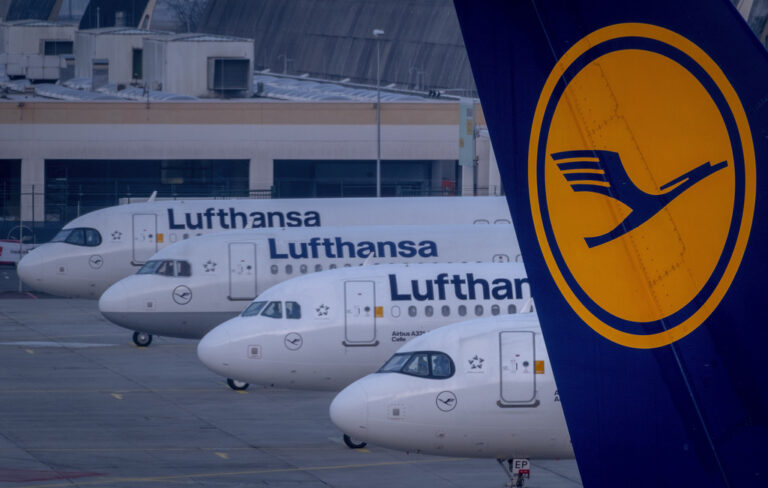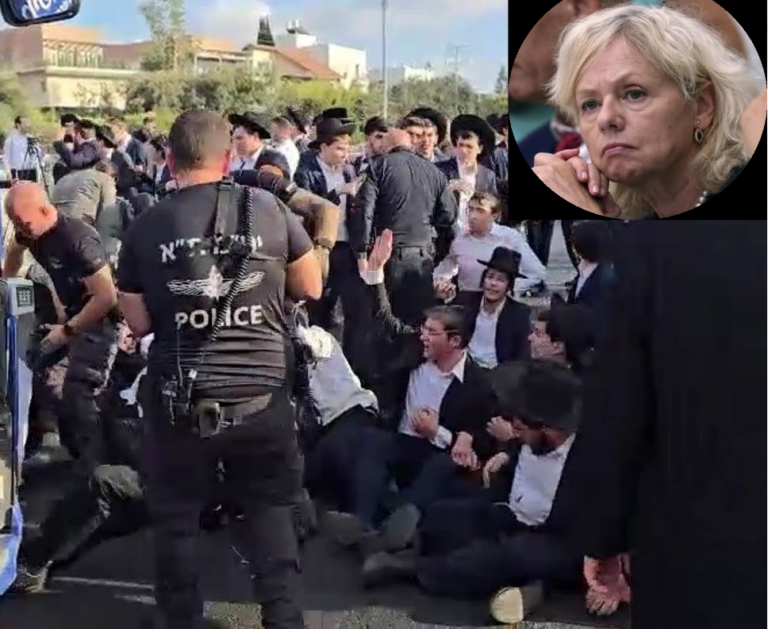Ethiopia’s air force is “pounding targets with precision,” a military official said Monday, as the federal government continues its offensive against the heavily armed northern region of Tigray and no clear route to peace is seen.
The Ethiopian army on Tuesday morning seized an airport in the town of Humera in the northern Tigray region, close to the Ethiopia/Sudan border.
“The Ethiopian National Defense Force has fully captured Humera Airport amid the continuation of the government’s military response against the TPLF rebel group,” reported the FANA state TV channel. The TPLF rebel group heads the government in the Tigray region.
Neighboring Sudan has sent more than 6,000 troops to the border, a military official there said, while Ethiopia’s Nobel Peace Prize-winning Prime Minister Abiy Ahmed again sought to calm concerns that the deadly confrontation could slide into civil war and destabilize the strategic Horn of Africa region.
It remains unclear how many people have been killed in the fighting that erupted last week in Tigray as Abiy’s government comes under increasing international pressure to calm tensions. The United Nations and others have warned of a brewing humanitarian disaster affecting up to 9 million people.
The northern Tigray region is largely cut off from the outside world, making it difficult to verify each side’s assertions. Each accuses the other of starting the fighting.
Ethiopian Maj. Gen. Mohammed Tssema, who spoke of the “pounding” by the air force, in a Facebook post also denied as “totally wrong” a claim by the Tigray regional government on Sunday that a fighter jet had been shot down.
The Tigray regional government, the Tigray People’s Liberation Front, did confirm the federal government’s aerial assault, saying in a Facebook post that the air force had carried out more than 10 such attacks so far.
Ethiopia’s prime minister has shown no sign of opening talks with the TPLF, which once dominated Ethiopia’s ruling coalition but is now regarded by the federal government as illegal after it broke away last year as Abiy sought to transform the coalition into a single Prosperity Party. The TPLF felt marginalized by Abiy’s political reforms and defied the federal government by holding a local election in September.
“Concerns that Ethiopia will descend into chaos are unfounded,” Abiy said in a brief statement Monday, and vowed that what he calls a law enforcement action “will wrap up soon.” Abiy on Sunday reshuffled his Cabinet to make major changes to his government’s military and intelligence leadership in an apparent move to bring supporters of the military offensive to the forefront.
“There’s no indication this is anything but a full-scale federal government attempt to remove the TPLF leadership. They seem intent on that course,” International Crisis Group analyst Will Davison told The Associated Press. “No one’s interested in negotiations at this stage. At least, no one’s interested in making concessions toward them.”
He asked: “If this conflict becomes entrenched, will the federal government start to look for a negotiated solution and the Tigray leadership do the same?”
Diplomats and others assert that the conflict in Tigray could destabilize other parts of Ethiopia, Africa’s second-most populous country with 110 million people, scores of ethnic groups, and other regions that have sought more autonomy even as Abiy, who won the Nobel just last year, tries to hold the country together with exhortations of national unity.
The conflict in Tigray pits two heavily armed forces against each other in the heart of the strategic Horn of Africa, and experts worry that neighbors including Sudan, Eritrea and Somalia could be sucked in.
In a sign of rapidly escalating tensions, Sudan’s leader said his country is concerned about the fighting and urged the warring sides to find a peaceful solution to their disputes. Sudan forms Tigray’s western border.
Gen. Abdel-Fatah Burhan, head of the ruling Sovereign Council, issued the statement after chairing a meeting of Sudan’s National Defence Council, the highest body that makes decisions in security matters in the country. He called on the international and regional communities to “carry out their duties for the stability of the region and peace opportunities in Ethiopia.”
A military official in Khartoum said the Sudanese military has deployed more than 6,000 troops to the area bordering Ethiopia since the start of the fighting in Tigray last week. The official spoke on condition of anonymity because he was not authorized to brief the media.
Sudan has already sealed off its borders with Ethiopia’s Tigray and Amhara regions. But it is bracing for a potential flow of people fleeing the fighting.
“We have completed our preparedness,” Lt. Gen. Shams el-Din Kabashi, a member of the Sovereign Council, said in an interview with the Youm al-Taly newspaper published Monday.
(YWN Israel Desk – Jerusalem & AP)


